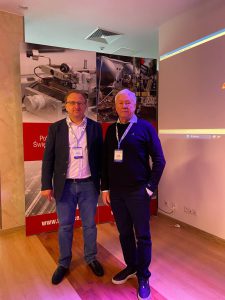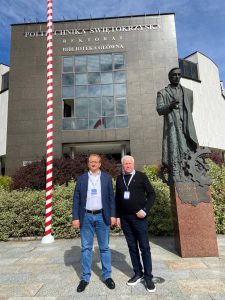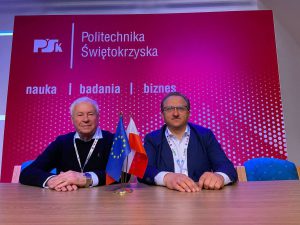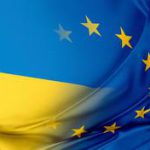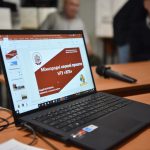From 23 to 26 September, the 7th International Conference on Advanced Manufacturing Processes and Mechanical Engineering ‘InterPartner-2025’ was held. This year, the conference was hosted by the Polish University Politechnika Świętokrzyska in Kielce.
The event was dedicated to the anniversary of the 90th birthday of the outstanding scientist, professor, Doctor of Technical Sciences, Anatoliy Ivanovich Grabchenko. Professor A. Grabchenko is the founder of this conference and was the head of the M.F. Semko Department of Integrated Engineering Technologies at the National Technical University ‘Kharkiv Polytechnic Institute’ for a long time.
The InterPartner conference was initiated at the National Technical University ‘Kharkiv Polytechnic Institute’ and has remained a significant event for the Ukrainian and international scientific community for many years. The working sessions of the conference focus on issues of production engineering and related fields, in particular, mechanical engineering, materials science, mechanical engineering, quality control, and others. Traditionally, the best conference papers are published in the prestigious international scientific journal Springer, confirming the high level of scientific research of the participants.
The conference is organised by the National Technical University ‘Kharkiv Polytechnic Institute’, the National University ‘Odessa Polytechnic’, Sumy State University, Politechnika Świętokrzyska (Kielce, Poland) and the Georgian Technical University (Tbilisi, Georgia). The event is held annually in different cities of partner countries, which contributes to the expansion of international scientific cooperation. The rector of NTU ‘KhPI’, Professor Yevgen Sokol, is a member of the conference organizing committee.
This year, Kharkiv Polytechnic was represented at the conference by Ruslan Kryvobok, Head of the Research Department, and his deputy, Georgiy Lisachuk. In his speech, Professor Kryvobok conveyed greetings from the university’s leadership, Rector Professor Yevgen Sokol and Vice-Rector Professor Andriy Marchenko, and emphasised the importance of international scientific partnership for Ukraine, especially in the context of martial law.
In his plenary presentation, Ruslan Kryvobok told conference participants about the 140-year history of Kharkiv Polytechnic University and its current status as one of Ukraine’s leading technical universities. He noted that even during full-scale war, the university continues its active scientific work. The volume of research has increased, and the budget for scientific projects amounted to approximately 2.5 million euros. Despite serious damage to the university’s infrastructure from Russian shelling, including the destruction of the sports complex and building U-4, damage to more than 270,000 m² of buildings, and the loss of laboratories, students and staff, the scientific community of KhPI continues to conduct research and train specialists.
In his report, the professor also recalled the outstanding achievements of the university’s scientists and graduates: the creation of the first helicopter in the United States in 1922 by George Botezat; the first fission of a lithium nucleus, carried out by Synelnykov, Leipunsky and their colleagues in 1932; the development of the legendary T-34 tank and its diesel engine by Morozov, Koshkin and Chelpan. He paid special attention to Professor Anatoly Grabchenko, who made a significant contribution to science and the development of international scientific cooperation.
Scientists from NTU ‘KhPI’ also presented the university’s latest achievements, including Innovation Campus, which took second place in Europe in the prestigious QS-Wharton Reimagine Education Awards competition in 2022. The university’s innovative ecosystem includes research in artificial intelligence, energy, new materials, defence technologies, AR/VR laboratories, the SPARK start-up centre, a technology park, and active cooperation with leading universities and organisations from the United States, Germany, Poland, China, under the auspices of NATO and in the Horizon Europe programme.
During the conference, participants discussed innovative solutions in the fields of mechanics, mechanical engineering, digital modelling methods and production optimisation. Following the forum, agreements were reached on further deepening international cooperation, and plans were made to develop joint scientific projects and exchange experience between partner universities.
As the organisers of the event emphasised, the InterPartner conference will continue to be an important platform for supporting young researchers and strengthening international scientific cooperation.
